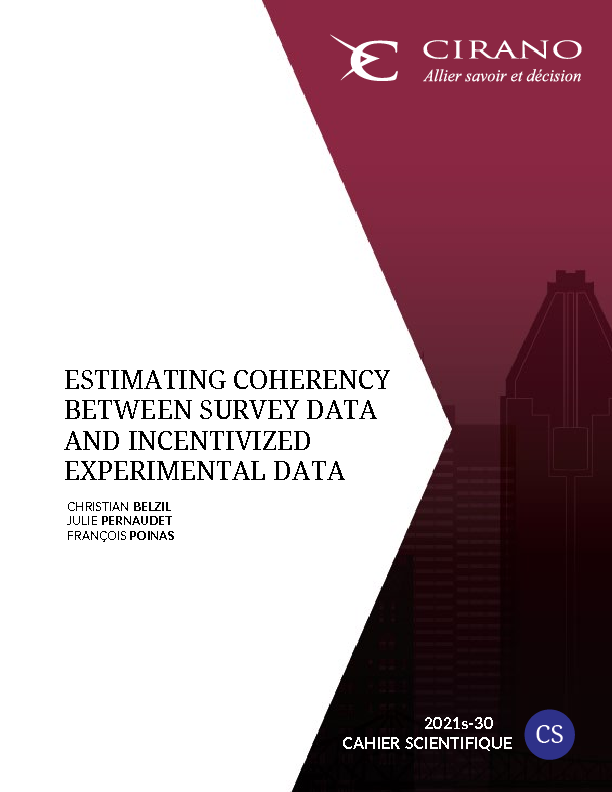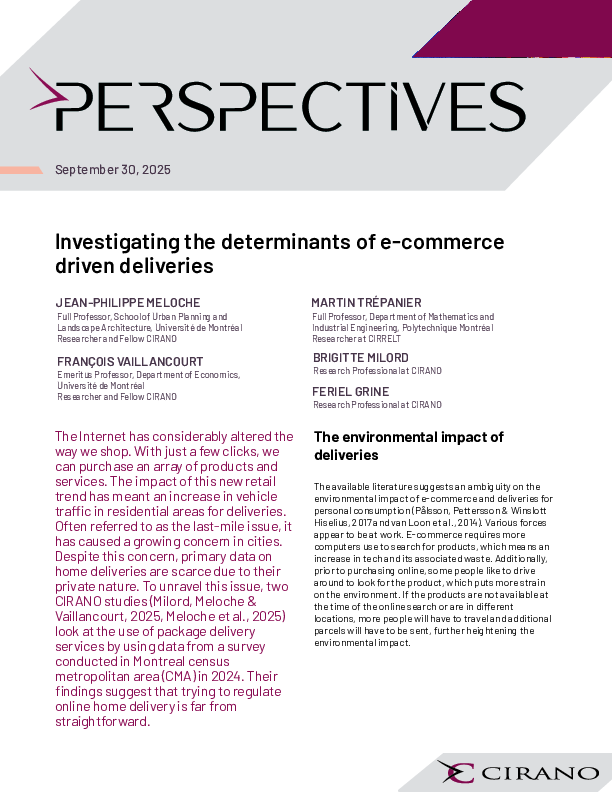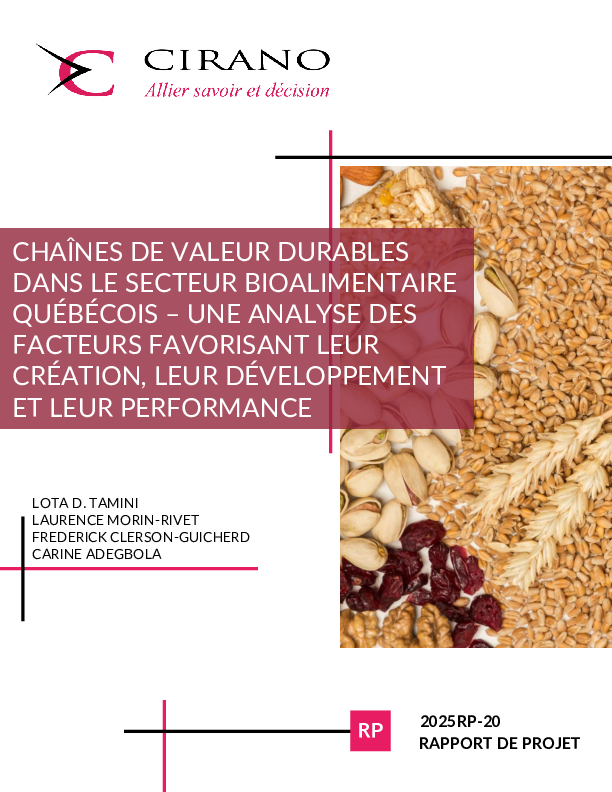Estimating Coherency between Survey Data and Incentivized Experimental Data
Imagine the situation in which an econometrician can infer the distribution of welfare gains induced by the provision of higher education financial aid using survey data obtained from a set of individuals, and can estimate the same distribution using a highly incentivized field experiment in which the same set of individuals participated. In the experimental setting relying on incentivized choices, making the wrong decision can be costly. In the survey, the stakes are null and reporting false intentions and expectations is costless. In this paper, we evaluate the extent to which the decomposition of the two welfare gain distributions into latent factors are coherent. We find that individuals often put a much different weight to a specific set of determinants in the experiment and in the survey and that the valuations of financial aid are rank incoherent. About 66% of Biased Incoherency (defined as the tendency to have a higher valuation rank in the experiment than in the survey) is explained by individual heterogeneity in subjective benefits, costs and other factors and about half of these factors affect the welfare gains of financial aid in the survey and in the experiment in opposite directions. Ex-ante policy evaluation of a potential expansion of the higher education financial aid system may therefore depend heavily on whether or not the data have been obtained in an incentivized context.




